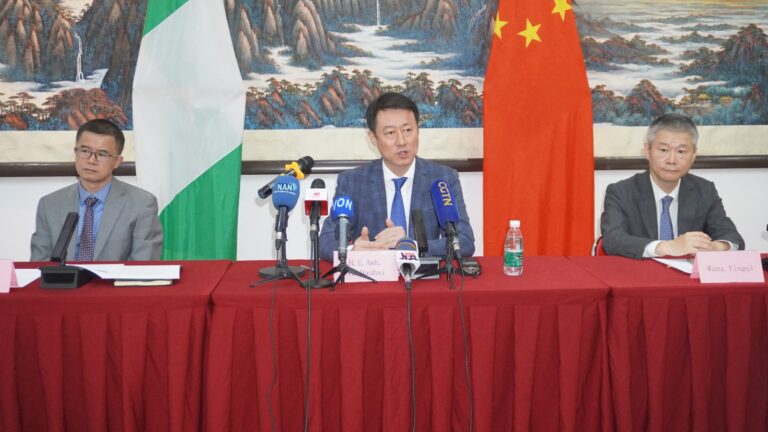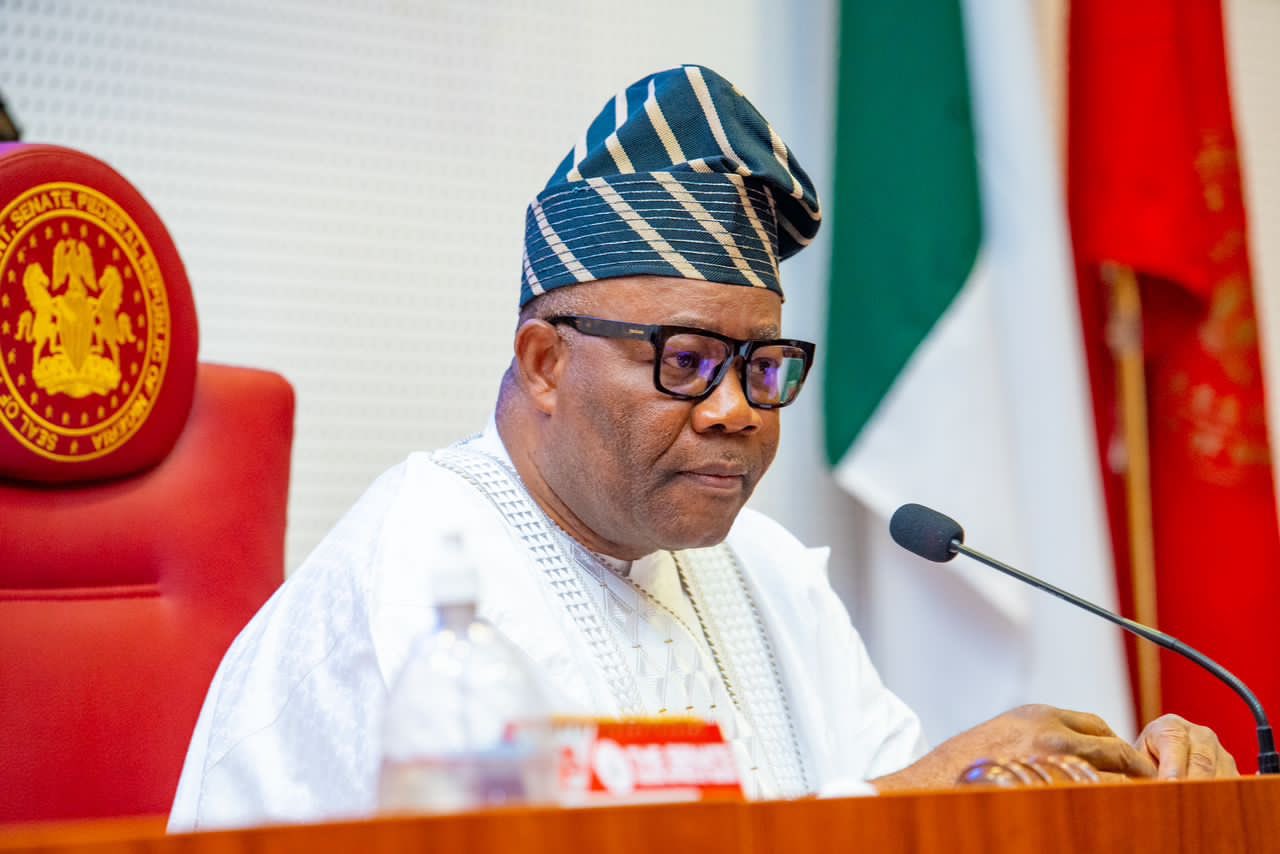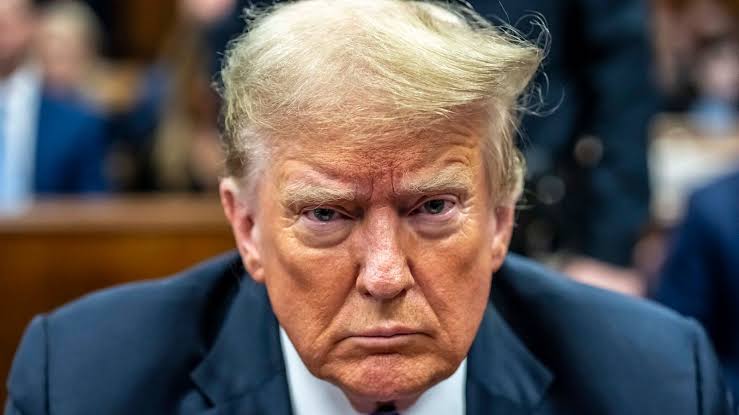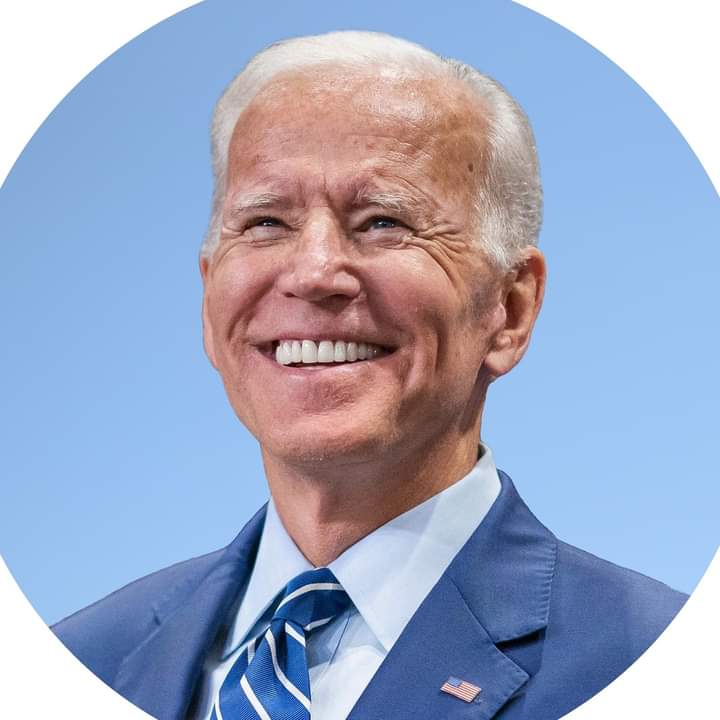Chinese Ambassador to Nigeria, Yu Dunhai, has said that the current U.S. tariff policy could trigger a severe global economic downturn, which could also in turn hurt the U.S. economy.
He gave the warning at a news conference on Friday in Abuja, cautioning that the U.S.’ aggressive trade tactics, which put maximum pressure on its trading partners, could ultimately backfire.
According to him, the U.S. is essentially working against itself because the ongoing tariff battle may harm the interests of the U.S., as well as its allies.
Citing insights from some U.S. intellectuals, Yu pointed out that many of the challenges facing the U.S. were the result of its internal conflicts.
Yu stressed the importance of focusing on addressing domestic issues rather than attributing blame to external entities.
He decried the impact of the U.S.’ isolationist approach and zero-sum games on the global stage, and its potentially severe consequences.
“By disregarding international cooperation and escalating the trade conflict, the U.S. runs the risk of fueling inflation.
“This will undermine its industrial sector, instigate market upheaval, thereby heightening the possibility of an impending economic recession,” he said.
He cited economic indicators in the U.S., such as a recent CBS survey showing significant opposition to tariffs among American voters and a notable spike in inflation rates, particularly food items.
Yu noted that Goldman Sachs’ revised projections of an increased likelihood of a U.S. recession further underscored the gravity of the situation.
He added that global institutions like the International Monetary Fund had also issued warnings that U.S. tariffs could lead to a substantial reduction in global economic growth.
This, he said, would negatively impact trade volumes and disproportionately affect developing nations, particularly African countries.
The ambassador also critisised the U.S. for targeting African nations under what he described as the false premise that trade surpluses were tantamount to unfair practices.
He noted that such actions would culminate in adverse consequences, including currency devaluation and market instability across the African continent.
Yu said that the potential consequences of such tariffs on African economies could impede their growth trajectories.
He added that these would pose challenges to ongoing industrialisation and poverty alleviation efforts, ultimately jeopardising the progress of the continent.








